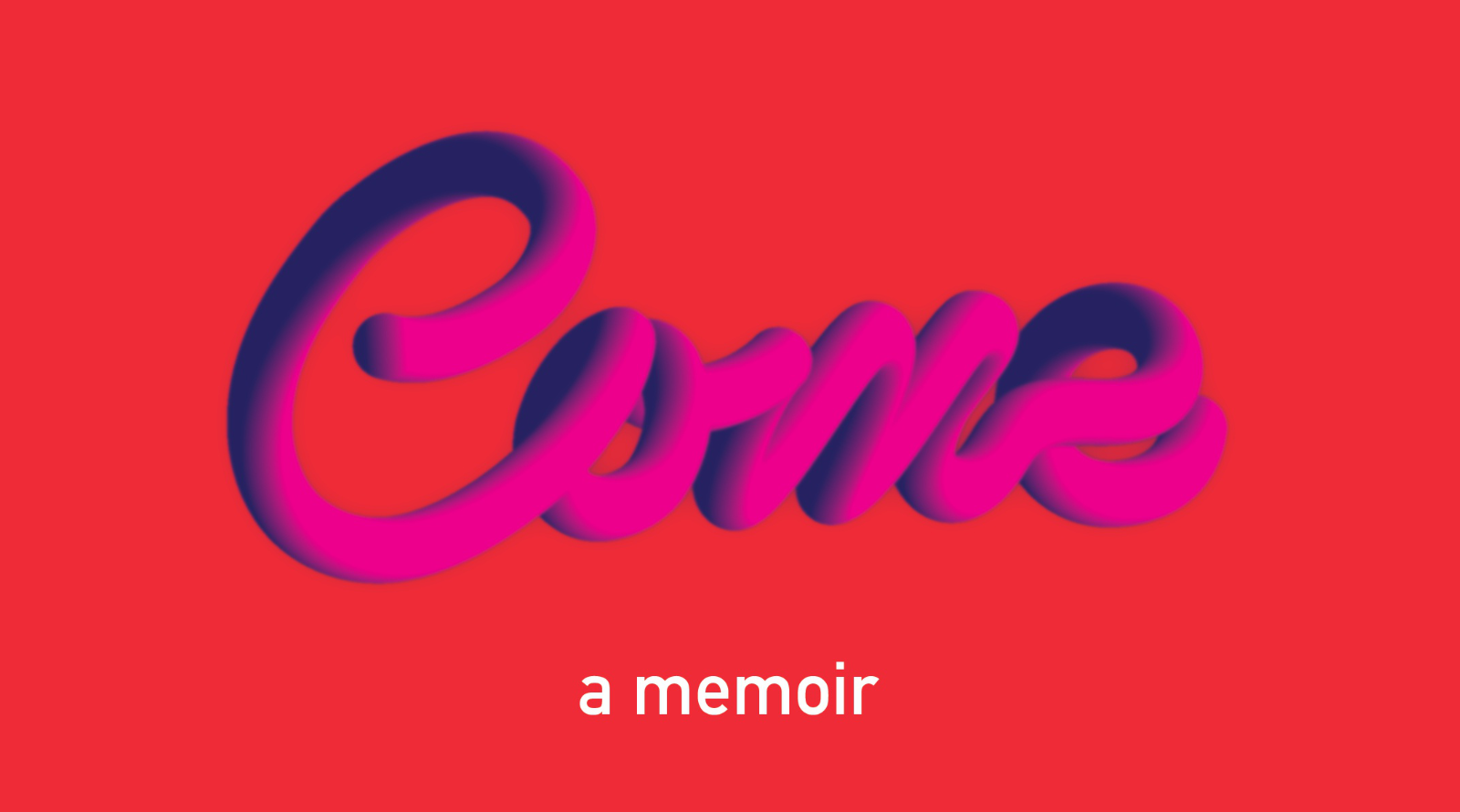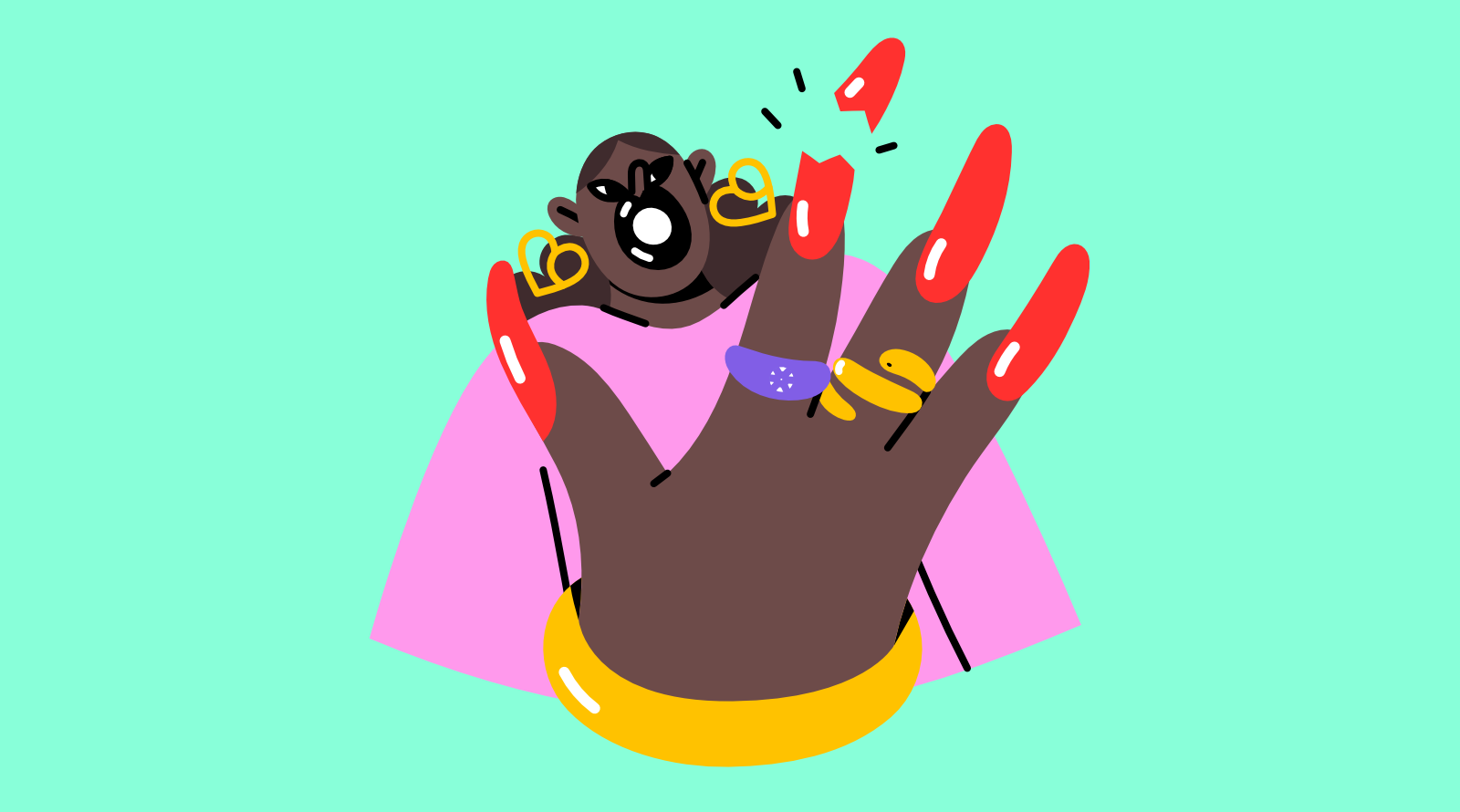NB: In this article, my aim is to analyze the possible reasons behind a social tendency, and I am in no way arguing the validity of anybody’s beliefs.
It was an empty Wednesday night at the strip club and I was sitting with two work colleagues, talking about relationships to entertain ourselves and compensate for the boredom due to the lack of customers.
“Where is your Venus placed? I can imagine it’s a fire placement,” one of them asked me.
I realized I didn’t really know my whole chart, and felt so inadequate that I ran to the staff toilet to check it. Sitting on the toilet seat in my lingerie, and occupying the only staff stall for way too long, I typed in my birthplace and date and discovered that my Venus is in Aries.
That inspired two thoughts. First: my colleague was right and that explained a lot about my relationship patterns. Second: why are strippers (myself included) so obsessed with astrology? To feel such a compelling need as to check their birth chart on a Wednesday night in a strip club toilet?
Before becoming a sex worker, I never cared about astrology, and I barely knew what my sun sign was. I would say I was even skeptical. Some years into the job, my attitude towards it shifted, and I started studying planet placements to make sense of my life. My case is neither unique nor special, and I have observed countless sex workers’ beliefs follow the same arch. My colleagues and I even joke about it, and, when we meet some strippers who are new to the job and claim they don’t believe in astrology, we laugh: Give it six months. I started to think about the possible reasons behind this mass tendency within the sex worker community, as I find it a fascinating one.
I would start using a reflection I heard in a Contrapoint's video as a premise: “Astrology explains why things happen. Science explains how things happen, and that is not enough for most humans.” In my opinion, this is the first core reason that could explain the astrology trend in our community. Astrology is, at the end of the day, a system of beliefs that has the purpose of making sense of one’s reality. And, when it comes to sex workers, the level of unpredictability in our realities is extremely high. Our jobs are unstable and full of variables. Will I have much work or not this month? Is the customer going to cancel the appointment last minute? Is the strip club going to be full or empty? It is understandable for the human brain to be unable to handle this level of unpredictability and to try to find justifications for why things went a certain way.
Astrology is, at the end of the day, a system of beliefs that has the purpose of making sense of one’s reality.
I work in a strip club and going to work is like gambling. You never know if it’s going to be a zero or a five-hundred-euro night. Your income depends on whether there are spending customers in the club and whether you get to talk to the right ones. Even when making money, you might happen to deal with energy vampires who will make you feel like it’s not worth it. The club might be full but you might get rejected for the whole night–or, the opposite, you might get the only visitor on the Monday shift. In all this chaos, finding a system that explains why my night went a certain way using planet placements gives me peace of mind and gives me answers.
Astrology is not the only belief system that gives explanations. Religion also does, but here comes the second core reason I could think of. Mainstream religions have historically rejected sex work, denying us dignity and even our right to exist. Many sex workers grew up afflicted by shame and rejection from religions that police what each individual should or should not do with their body, carrying this rejection as trauma. As a consequence, many sex workers don’t like to look for answers and explanations within those same mainstream religions. Astrology seems to be much more appealing because it’s largely free of that same judgment and of the morbid dogmatic restrictions mainstream religions impose on bodies.
Sounds familiar, doesn’t it? There is another community that shares this kind of religious trauma, rejection, and body policing: the queer community. Very interestingly, they also share the sex worker community’s obsession with astrology, and I don’t think it’s a coincidence. In fact, there are many overlaps between the sex worker and the queer community. The first commonality we share is marginalization. Religion is not the only institution that enforces strict dogma over other people’s bodies, and governments too have been preoccupied with punishing anybody who doesn’t conform to heteronormativity: with stigma, violence, and restrictive laws.
Both queerness and transactional sexualities fall into the same category of non-conformity. Non-conforming genders and sexualities challenge the patriarchal power structures on which western society is built upon, hence the attempt to suppress them. Queerness, then, becomes not only a sexual and gender orientation or presentation, but also a statement against cisheteronormativity - the same way as sex work is not only a job, but it’s also a subversion of the norm. Queer people and sex workers become symbols of the fight for sexual freedom and bodily autonomy.
Not surprisingly, many queer people get into sex work. The marginalization afflicting queerness comes with discrimination in the workplace and related difficulties in finding employment. Back in 2021, I was in Aotearoa (New Zealand) doing some research about decriminalization and I came across some interviews with queer indigenous sex workers. Māori, who represent approximately one third of the country's population of sex workers, are overrepresented in the streets and they are often transgender (Armstrong, 2018. Escavage, 2016). Māori trans sex workers are the most vulnerable and discriminated group, and the discrimination they experience acts on several levels: it is not always clear if it is due to their occupation, based on their gender, or their indigeneity. Very likely all three play a part.
Mainstream religions have historically rejected sex work, denying us dignity and even our right to exist.
The interviewees explain that stereotypes that cast anything outside of heterosexuality as social deviance result from colonisation. That negative attitudes towards people who are not conventionally categorised within the western gender binary make it hard for trans people to find employment, becoming a barrier to employment outside the sex industry. This could explain the over-representation of Maori sex workers engaging in street based work. Even with all its dangers and disadvantages, street work offers trans workers a sense of acceptance they don’t find in other employment sectors and, according to these interviews, “for transgender Māori sex workers, discrimination and stigma outside the sex industry were the main factors affecting their well-being, and the majority found that the sex industry was less discriminatory” (Escavage, 2016, p.43).
Trans workers also talk about a feeling of “whānau” (extended family) found on the street with other workers. They talk about a sense of belonging to a transgender community they could identify with and a chance to allow their identity to flourish. Some mention coming from dysfunctional backgrounds, where their families rejected them for being different or coming from low-income families, all factors that led them to turn to sex work as a means to survive (Escaravage, 2016).
The history of sex work and the history of queerness have always been intertwined. All in all, astrology seems to be a way for marginalized communities to reclaim a spirituality that has been denied to them. Personally, I like the idea that astrology gifted us with another thread that strengthens the connection between our communities.
Resources:





